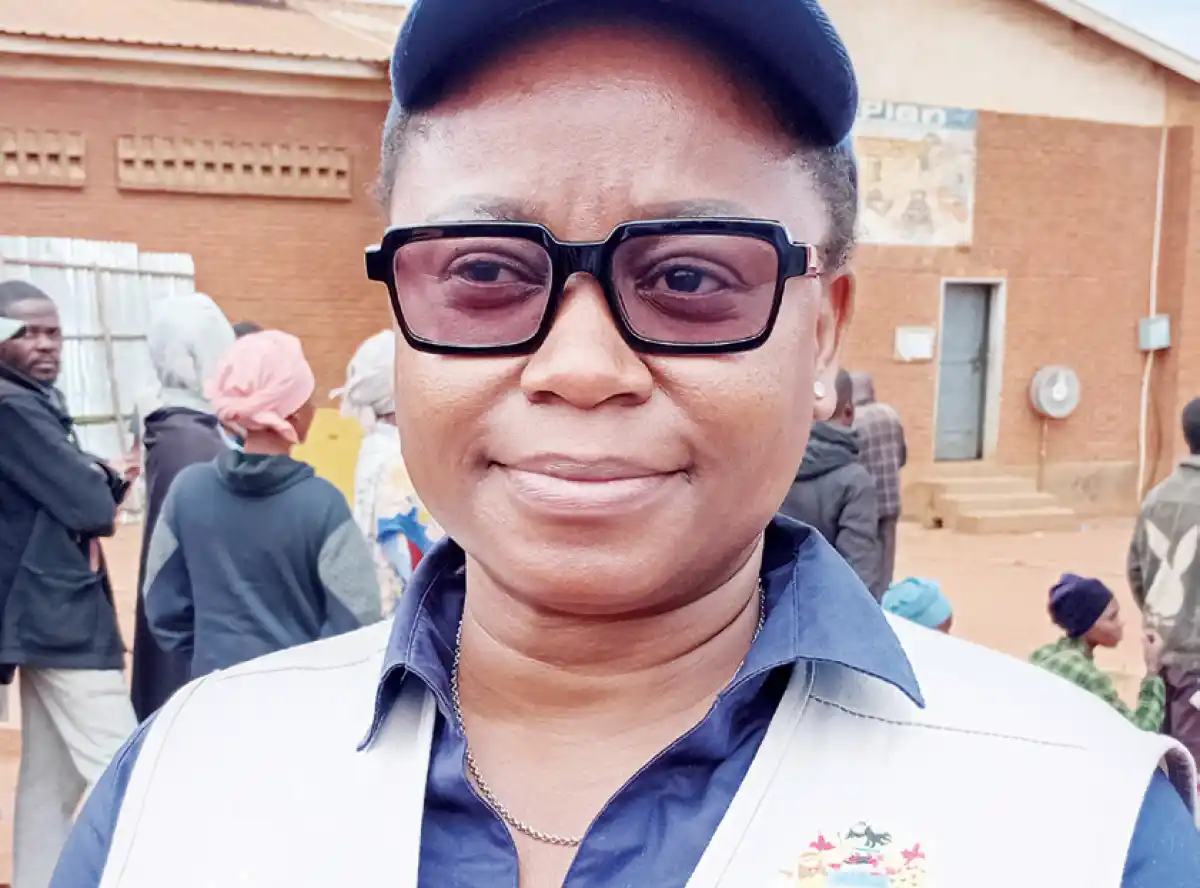
Possibilities are high that the World Food Programme (WFP) may not be able to support refugees at Dzaleka camp in Dowa District beyond the month of May this year if the United Nations agency does not secure funds for cash distribution.
It says it needs over $10.7 million dollars to cater to refugees until December this year.
WFP provides essential cash-based food assistance to around 57,000 refugees at Dzaleka Refugee Camp every month.

WFP interim Country Director Simon Denhere disclosed this in Lilongwe on the sidelines of a media tour WFP sponsored.
“Due to the reduction in donor funding, we were forced to reduce our provision of refugee rations from 75 percent to 50 percent in the month of February. This is purely because of the reduction from donor funding globally. We are to halt this beyond May if we don’t secure more funding for such [activities],” Denhere said.
He further said this could have a negative impact on their contribution to refugees’ rations, adding that more lives would be at risk of facing hunger.
Denhere said, currently, there is no solution to the move.
“It is very worrying that we are yet to take this decision but there is nothing we can do. We don’t not have any other choice than to cut the rations. We do understand and appreciate that there are no other options than to do that,” he said.
Refugees and asylum-seekers at Dzaleka are from the Democratic Republic of Congo (DRC), Burundi, Sudan, Ethiopia, Somalia, Rwanda, Cameroon, Mozambique and South Africa.
Deputy High Commissioner for Refugees at the Department for Refugees, Ivy Chifundo Chihana, said this would, if it materialises, cause problems.
“As we are speaking, we have some refugees who are able to feed themselves through businesses they are running but the majority [of them] get their food from WFP. And this [lack of funding] would create more problems for them [in terms of where they] get money for food,” she said.
With limited livelihood opportunities due to overcrowding and the National Encampment Policy restricting refugee employment, many households depend on irregular and unpredictable work in the informal sector.
Dzaleka Camp Administrator Elton Phulusa, said the food crisis in the camp was big, with 30 percent of the population owning small-scale businesses.
“A few grow tomatoes or potatoes and sell it. In the end, they earn a living. Looking at [members of] the younger generation, most of them have nothing to do and rely on these cash distributions. So, there would be problems if it happens that WFP halts their aid,” he said.






0 Comments